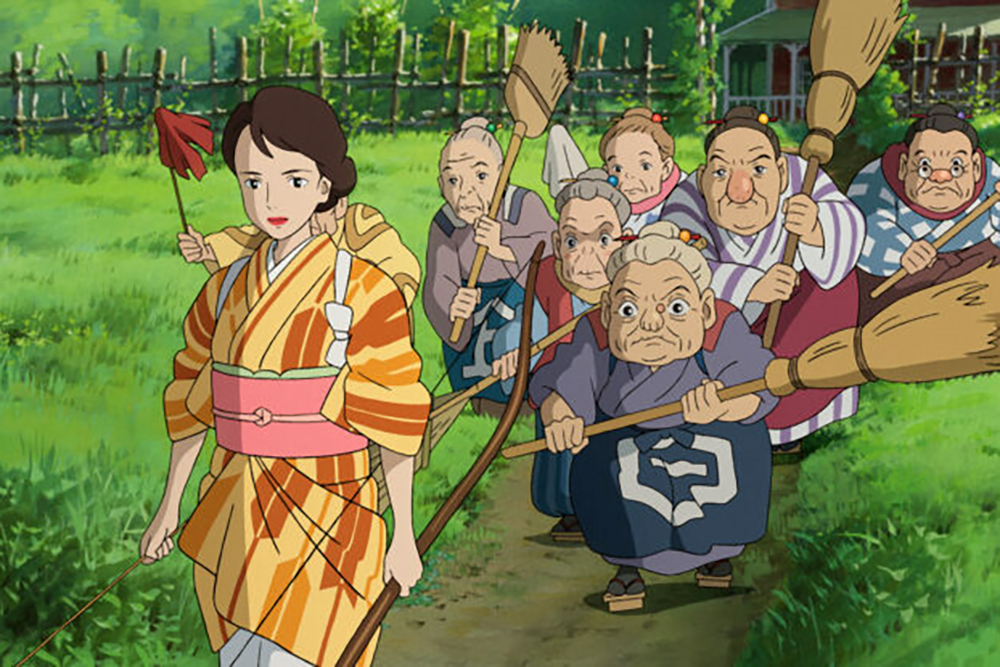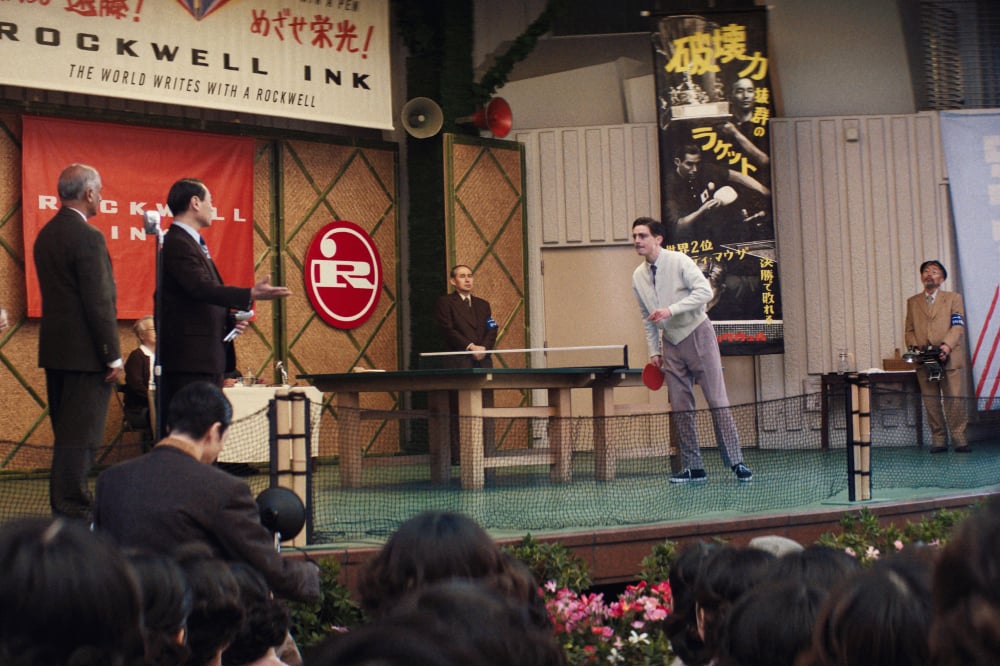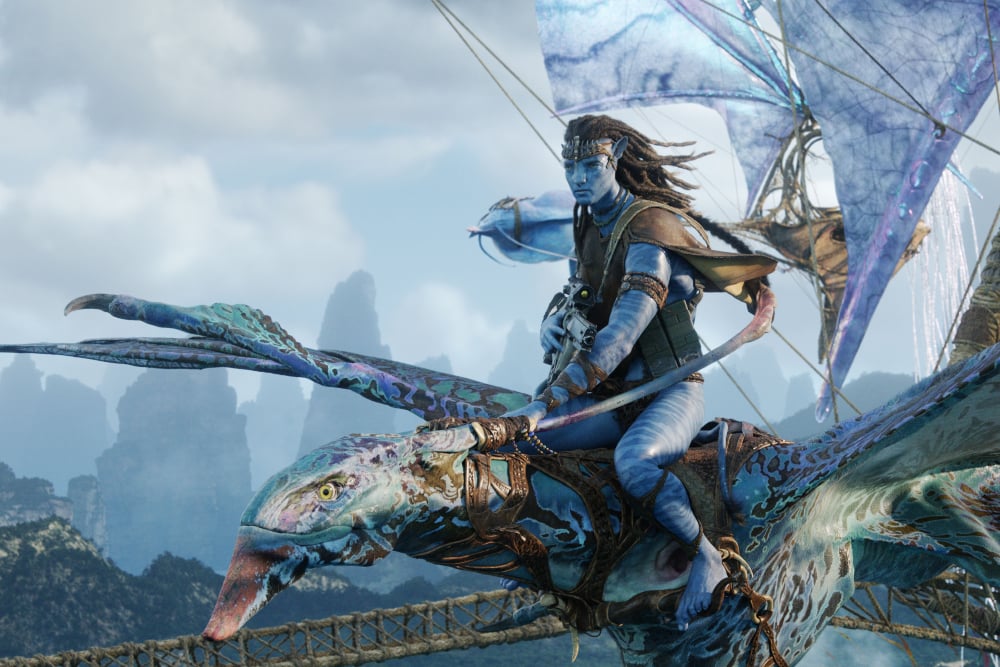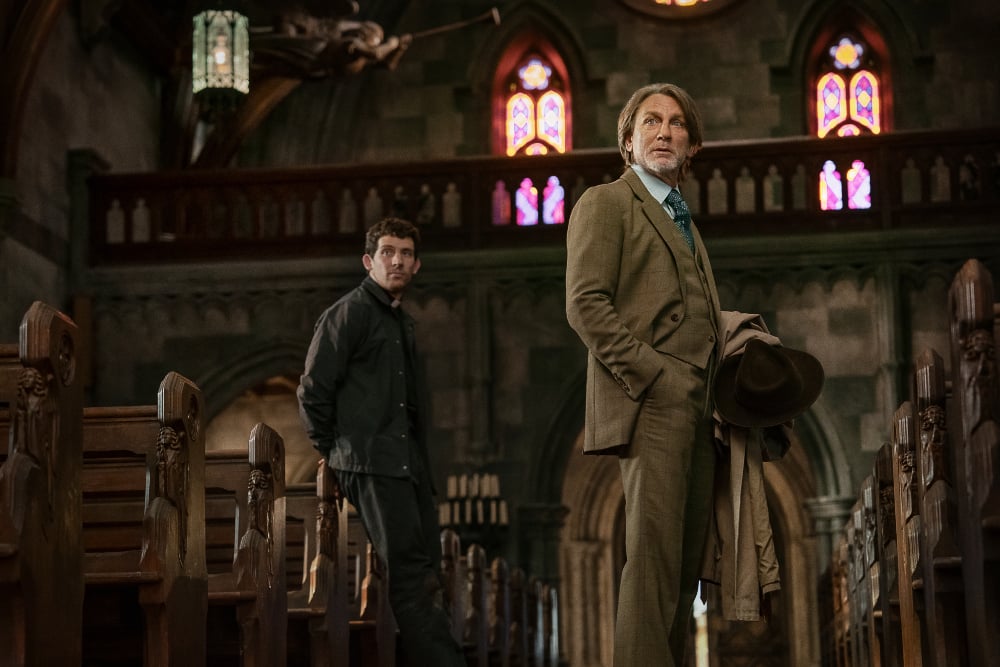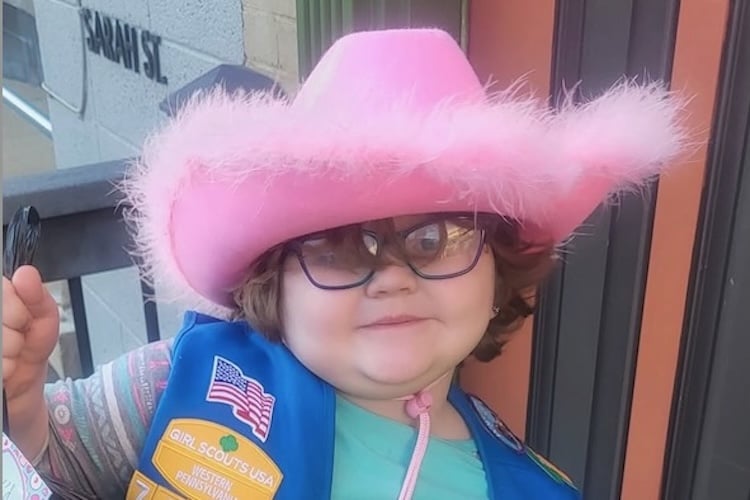Movie Review: The Boy and the Heron
If "The Boy and the Heron" is indeed the final film from master animator Hayao Miyazaki, it's a fitting farewell.
The writer and director Hayao Miyazaki has spent more than half a century building fantastic, emotionally resonant worlds in films such as “My Neighbor Totoro,” “Spirited Away” and “Howl’s Moving Castle.” Considerable weight, then, rests on “The Boy and the Heron,” the master animator’s first film in 10 years — and the feature that is widely believed to be his farewell.
Adding yet more heft are the autobiographical elements present in “The Boy and the Heron.” The film begins with a young boy, Mahito, losing his mother in a hospital fire then relocating amid World War II; Miyazaki also lost his mother at a young age, moving with his father to the countryside.
Death and what lies beyond hang heavy over “The Boy and the Heron,” as the film grapples with goodness in this world and the mysteries of the next. But it is no elegy or mission statement; it is a rich and often lively journey, as much an adventure tale as a philosophical one. Its appeals — beautiful animation, charming characters and delightful settings — lie on the surface; its power lurks beneath.
The sprawling country estate is the home of Natsuko, younger sister to Mahito’s late mother. On arrival, Mahito is standoffish and despairing; he believes he could’ve saved his mother and has not begun to cope with her death. Meanwhile, there are oddities all around him: a mischievous gray heron seems to be mocking him, a fleet of elderly women putters around all day and a mysterious, overgrown tower lurks at the edge of the property.
After Natsuko goes missing — and with the suddenly communicative heron demanding his presence — Mahito wanders into an alternate reality full of sinister avian creatures, tiny spirits awaiting birth and elemental dangers. The fate of this place and his own are intertwined, and Mahito will have to endure hard lessons to make it back home.
While the English dub of the film features an all-star voice cast (including Christian Bale, Mark Hamill, Florence Pugh, Willem Dafoe, Karen Fukuhara and more), the original language track is notable not only for its boisterous performances but also for its frequent use of silence. “The Boy and the Heron” is not a rollicking series of incidents like “Totoro” but rather a slow and ponderous journey inward.
It’s an existential fantasy, one more concerned with beauty and feeling than meaning. If it is a farewell from Miyazaki, it’s a fitting one.
My Rating: 9/10
“The Boy and the Heron” is now playing in theaters.

